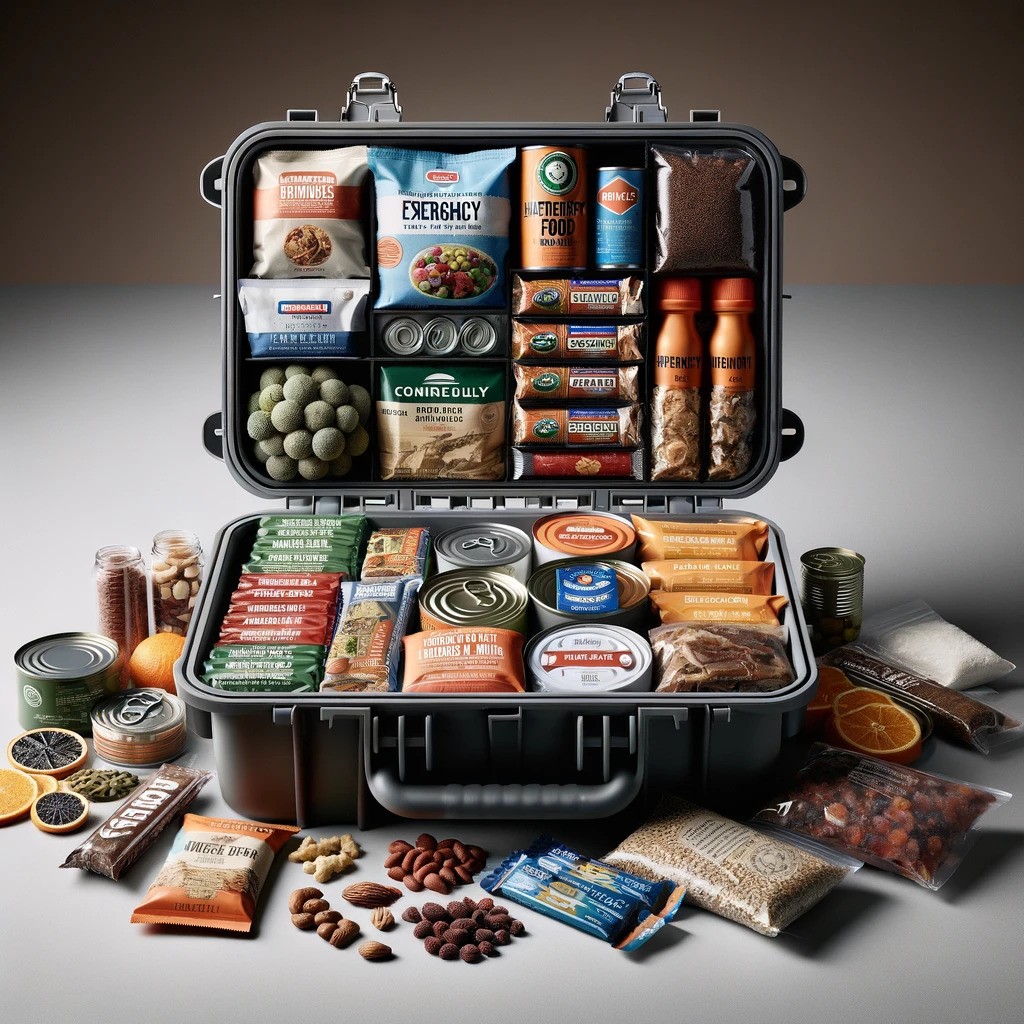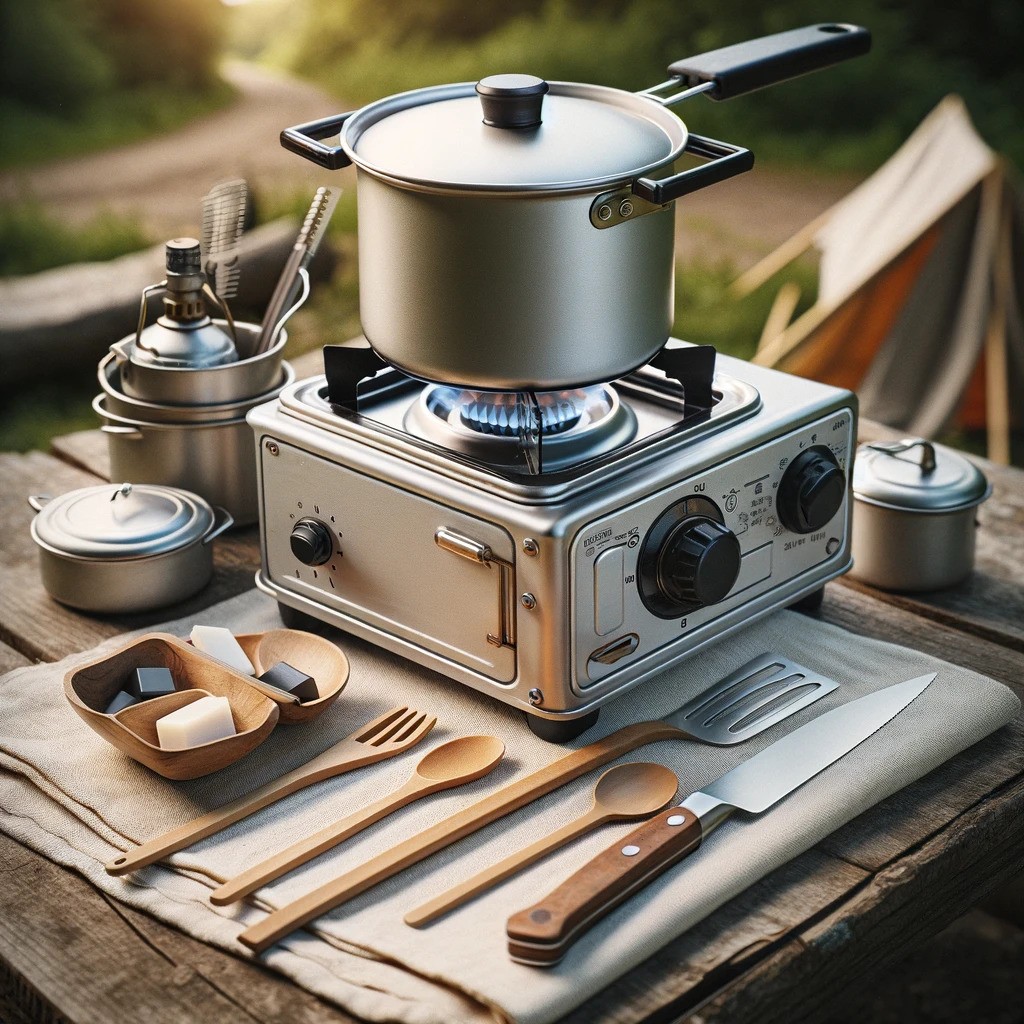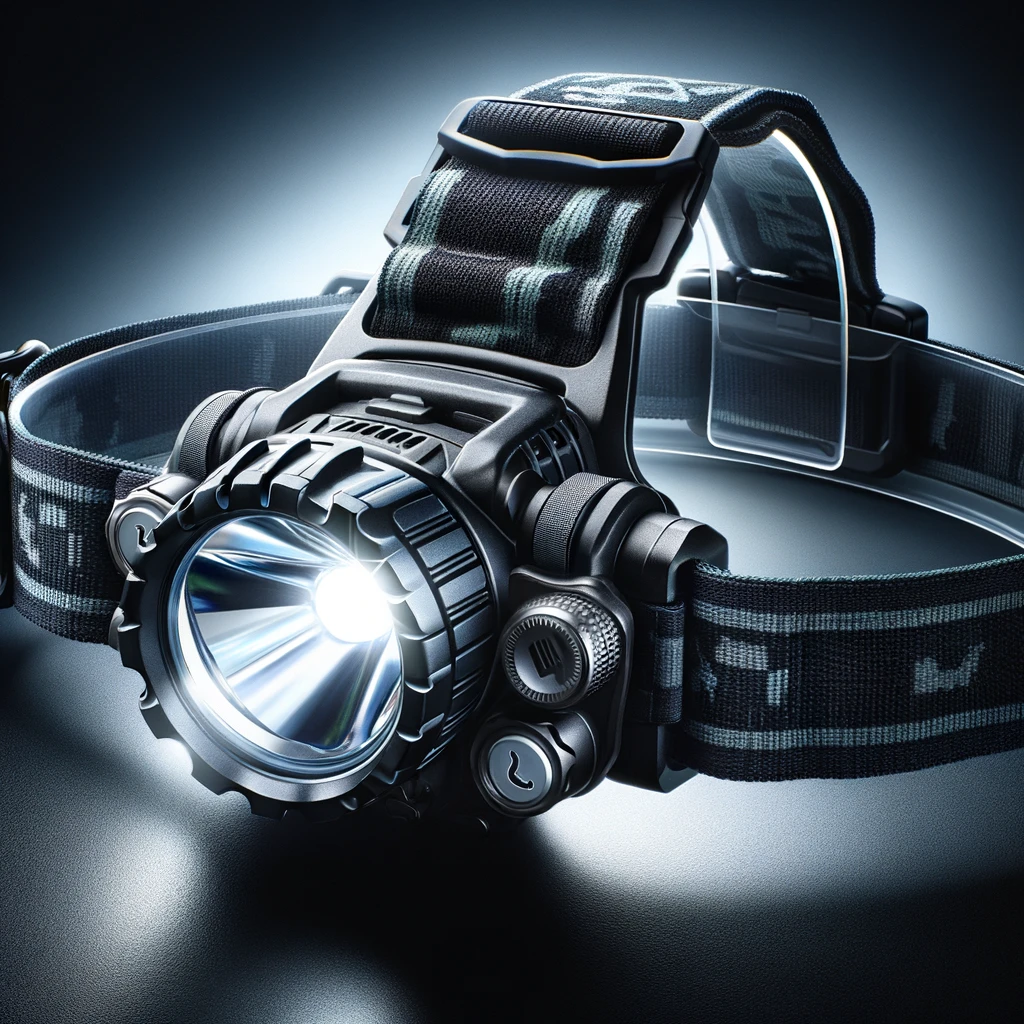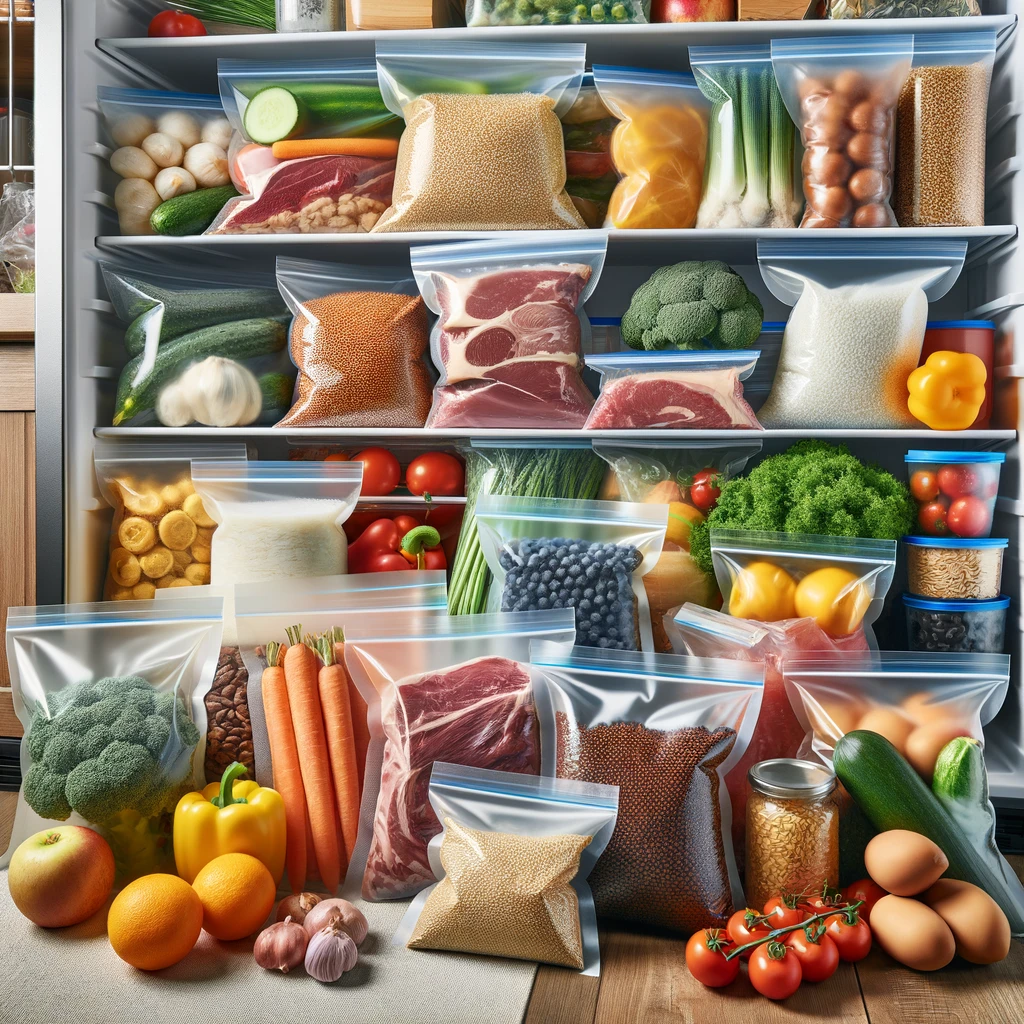Emergency Food Kits For Van Life
Van life paints a picture of endless horizons, breathtaking sunsets, and a daily dose of adventure. Yet, like any journey, life on the road comes with its set of uncertainties. Flat tires, unexpected weather changes, or remote locations can sometimes leave us stranded for longer than anticipated and are all dangers of van life. In these situations, having an emergency food kit becomes not just a convenience, but a necessity.
Essentials of an Emergency Food Kit
At its core, an emergency food kit for van life should be compact, nutrient-dense, and have a long shelf life. While the kit will vary based on personal dietary needs and preferences, here are the general components you should consider:

Shelf-Stable Protein Sources
Protein is a cornerstone of nutrition, helping with tissue repair, muscle building, and providing energy. Consider canned sardines or mackerel – they’re not only long-lasting but also rich in omega-3 fatty acids. Lentils and beans, whether dried or canned, are vegetarian sources that pack a protein punch.
Opting for pull-tab cans or pouch-packed proteins if you can. They’re easier to open, eliminating the need for a can opener.
Carbohydrates
Carbohydrates are the body’s primary energy source, crucial for fueling all our activities. Whole grain pasta takes a bit longer to cook but offers more nutrition than its refined counterpart.
Instant rice is a quick-cook option, and don’t forget about couscous – it’s versatile and requires minimal cooking. For immediate consumption, whole grain crackers or flatbreads are invaluable.
Store grains in airtight, waterproof containers or resealable bags to prevent moisture intrusion and prolong shelf life.
Ready-to-Eat Meals
In situations where time, tools, or conditions might not be favorable for cooking, these meals can be your lifeline. MREs are a popular choice and come in a variety of flavors.
Alternatively, look for vacuum-sealed ready meals available in grocery stores, which can include dishes from various cuisines, from Indian curries to Italian pastas. Freeze-dried meals are also lightweight and just require water.
Make sure to periodically check the expiration dates on these, as these are often forgotten if not consumed on a regular basis.
Water & Hydration
Keeping hydrated aids digestion, maintains body temperature, and supports every cellular function in our body. Beyond bottled water, stock up on water purification tablets or portable water filters, especially if you’re traveling through remote areas.
Electrolyte packs, available at most pharmacies or sports stores, can replenish lost salts and minerals, crucial if you’re exerting yourself or in hot climates.
Make sure to store bottled water out of direct sunlight as this can cause the plastics to leech out faster into the water.
Essential Tools for Your Emergency Food Kit
Navigating the wild and unpredictable terrains of van life means more than just packing the right foods. It’s about having the right tools on hand to ensure you can access, prepare, and consume your emergency supplies with ease and efficiency. Here’s a closer look:
Compact Cooking Stove
When stranded, or in conditions where building a fire isn’t feasible, a compact stove can be the difference between a warm meal and a cold snack. Look for lightweight and portable stoves like the ‘pocket rocket’ designs or multi-fuel stoves that offer flexibility in fuel choices.
Always pack a small amount of the required fuel, whether it’s gas canisters or liquid fuel, ensuring you can fire up your stove whenever needed. Make sure to also see our guide on cooking sources for van life for more information.

Emergency Kit Utensils
While it might seem basic, having a sturdy set of utensils can make meal prep and consumption far more comfortable when cooking in your van.
Consider multi-tools that come with integrated can openers, bottle openers, and even a small knife for cutting – saving space without skimping on functionality. Here’s a breakdown of some of the utensils you could consider packing:
| Basic Utensils | Preparation Tools | Cooking and Serving |
|---|---|---|
| 1. Multi-use spork | 1. Cutting board | 1. Portable stove |
| 2. Stainless steel knife | 2. Manual can opener | 2. Compact pot & pan |
| 3. Travel mug (with lid) | 3. Multi-tool (with bottle opener) | 3. Silicone cooking spatula |
| 4. Reusable straw | 4. Vegetable peeler | 4. Tongs |
| 5. Collapsible bowl | 5. Grater | 5. Thermos flask |
| 6. Collapsible cup | 6. Scissors | 6. Collapsible colander |
| 7. Teaspoon & tablespoon set | 7. Measuring spoons | 7. Hand-powered blender |
| 8. Chopsticks | 8. Mixing bowl | 8. Heat-resistant gloves |
| 9. Bottle opener | 9. Measuring cup set (stackable) | 9. Skewers for grilling |
| 10. Pocket knife | 10. Whisk | 10. Pot holder/trivet |
Portable Lighting
If you find yourself stranded during nighttime or in low light conditions, having a light source will be crucial for safely preparing and consuming your food.
LED headlamps are an excellent choice as they keep your hands free. Solar-powered lanterns can also be beneficial if you’re stationary for a while.

Ensure your lighting solution is either rechargeable (and kept charged!) or always have a spare set of batteries on hand.
Equipping your van with these essential tools means that even when faced with unplanned stops or challenges, you can confidently and comfortably sustain yourself. These tools aren’t just about survival; they’re about maintaining a sense of normalcy and comfort in the unpredictable journey of van life.
Storing Your Emergency Food Kit
Proper storage ensures your supplies remain in top condition, retain their nutritional value, and are readily accessible when needed. Here’s a deep dive into optimizing storage for both immediate and long-term needs:
Selecting the Right Containers
The container you choose plays a pivotal role in protecting your food from external elements, pests, and potential damage from moving around in the van.
Opt for BPA-free, airtight plastic containers or stainless steel boxes. If space is a constraint, vacuum-sealed bags are a great alternative, especially for bulk items.
Transparent containers or those with clear labeling can help you quickly identify contents without opening multiple boxes during an emergency.
Prioritizing Temperature Control
Extreme temperatures, whether hot or cold, can adversely affect the shelf life and quality of your food items.
Insulate the storage area if possible. Using reflective insulating materials or even simple thermal blankets can help maintain a stable temperature. If you have a cooler or portable fridge, allocate space for items particularly sensitive to temperature fluctuations.
Store your emergency food kit in the most temperature-stable area of your van, typically away from windows or direct sunlight.
Long-Term Storage Considerations
For those committing to van life or extended road trips, the likelihood of tapping into the emergency food stash multiple times is high. Thus, thinking long-term becomes crucial.
Consider dehydrated or freeze-dried foods, which have an extended shelf life. Vacuum-seal bulk items to keep them fresh longer and protect them from moisture. Invest in food-grade moisture absorbers to prevent mold and bacterial growth in sealed containers.
Set reminders on your phone or calendar to periodically check the food’s state, especially items with shorter shelf lives. This helps ensure that when you need them, they’re still in optimal condition. Make sure to see our guide on storing food in your van.

Accessibility During Emergencies
In a true emergency, you’ll need to access your food supplies swiftly. Hence, the way you organize and place your kit matters.
Keep frequently needed items or those with shorter shelf lives at the top or front. Consider a compartmentalized approach, grouping similar items together for easier navigation.
Regularly practice accessing your kit, simulating real emergency scenarios. This ensures you’re familiar with its contents and can efficiently retrieve what you need.
Author
-

Zaara, a kindred spirit of the open road, has nurtured a deep-seated love for RV travel since her childhood. Journeying with her parents, she learned early on to cherish the little things that make life rich and fulfilling. This emotional depth and appreciation for simplicity have become the cornerstone of her life philosophy. A firm believer in the idea that true happiness is found in nature's embrace, Zaara continues this legacy of exploration alongside her husband, Augustus. Her passion extends beyond landscapes to the joy of connecting with life's purest forms - the unconditional love of dogs and the innocence of babies. These connections reflect her nurturing soul and emotional acuity. Zaara is also a culinary enthusiast, delighting in creating meals that blend flavors from their travels, infusing each dish with memories and love. Her expertise lies in living fully, finding joy in every moment, and inspiring others to seek happiness in life's simple, natural wonders.
View all posts

